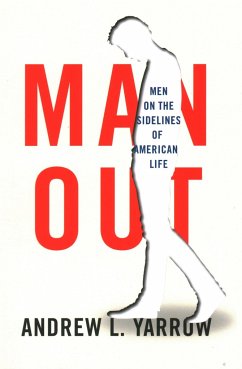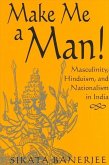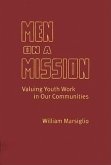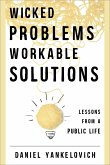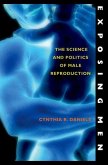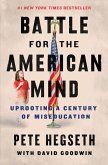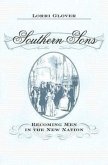" The 2016 presidential election gave us angry whitemen as a new category of voter. They joined the young man in his parents' basement, unemployed and playing video games, to become the iconicand stereotypicalimages of disaffected males. But there are many other men who don't fit into these categories. These men are disconnected from work, personal relationships, family and children, civic andcommunity life. Many are in poor health. They may be angry at government, employers, women, the system in generaland millions of them have done time in prison and have cast aside many social norms. In Man Out, Andrew Yarrow explores the complex interplay between economics and culture that has contributed to this multifaceted crisis. He rejects the politically charged dichotomy of seeing these men as either victims or culprits. Drawing on interviews and visits to communities across the country, Yarrow finds something more complex. Most of the men Yarrow describes are poorly educated, with low incomes and often with few prospects for rewarding employment. They are also disproportionately found among millennials, those over 50, and African American men. Increasingly, however, these lost men are discovered even in tony suburbs and throughout the nation. It is a myth that men on the outer corners of society are only lower-middle-class white men dislocated by technology and globalization. Man Out is a story of how these millions of men in America became sidelined. It is also the story of how to bring men in. Change needs to happen at the national and local levels, and in a wide range of areas, including education, job opportunities, criminal justice, and public health. Change also needs to happen at the cultural level, with a focus on values like responsibility and hard work, and attacking the misogyny and toxic masculinity that often fuels the angry white man. Not acting is not a solution, as Man Out vividly demonstrates. "

